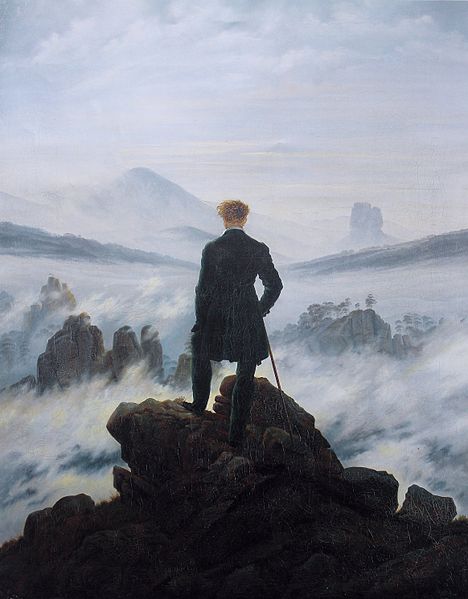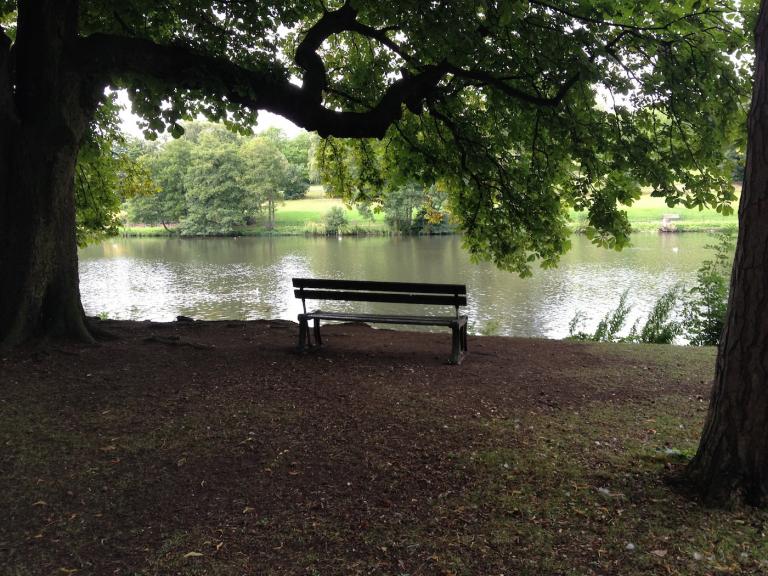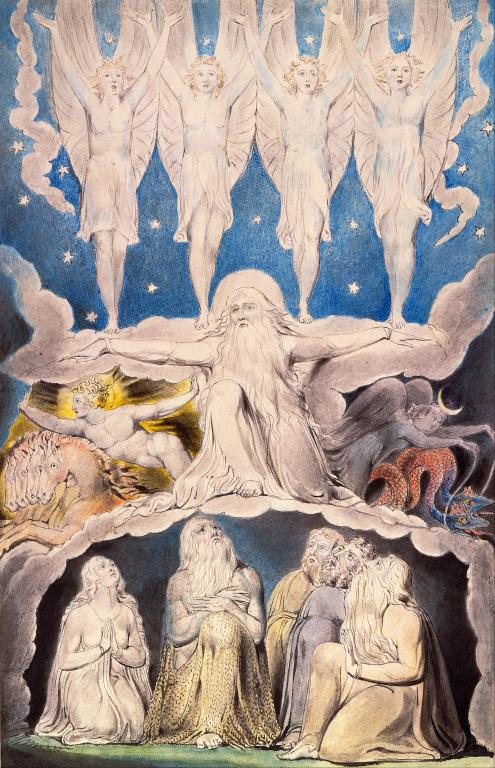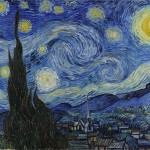David Russell Mosley

Epiphanytide
Sts. Timothy and Titus
26 January 2016
The Edge of Elfland
Hudson, New Hampshire
Dear Friends and Family,
Midway along the journey of our life
I woke to find myself in a dark wood,
For I had wandered off the straight path.
-Dante, The Inferno, 1-3.
While I cannot claim to be quite midway through my life (or so I hope, though Dante proved to be wrong about this himself), I have recently begun my annual re-read of Dante’s Divine Comedy. I’m doing it a littler earlier than usual for two reasons: First, I’ve just been dying to re-read it, and this year I bought myself individual volumes for each part. Second, Pope Francis has recommended Dante’s poem as beneficial reading for the Year of Mercy. While I’m not a Roman Catholic, I’m certainly not one to ignore the advice of those far holier than I. As I read it, perhaps even more closely this year due to its multi-voluminous nature, I’m struck rather forcibly by the notion of pilgrimage.
What I mean is this: Traditionally, the main character in the Divine Comedy is called the Pilgrim. This is to separate Dante the Pilgrim from Dante the author since he is a character in a story, similar to how there is Lewis the author and Lewis the character in Out of the Silent Planet. So we call the character the Pilgrim. But we do this also because he stands for us as a kind of Everyman. It is not only his pilgrimage from Hell to Heaven, but ours as we journey with him (Bilbo works in a similar way in The Hobbit, as do hobbits in general in The Lord of the Rings). In this sense, that the Pilgrim is a representative for me, can I say that I am the Pilgrim. This is not because there is anything special about me but precisely because I am interchangeable with any other. I am, in my own way, just as much an Everyman, just as Dante is also an individual. In a way, I replace the pilgrim. I am the one journeying through Hell, Purgatory, and Paradise. I am on a pilgrimage, not to Rome or the shrine of a particular saint (though I hope to make this kind of journey someday) but to God himself. The Pilgrim and I go on this journey together, our identities sometimes being blurred.
Augustine will often talk about our journey in life as one that is intended to end in our Patria, our Fatherland. The allusions to Philippians 3 are obvious, but Augustine also means that our journey in life is to the Father, the Beatific Vision. A misunderstanding of this view has, unfortunately, led some to the conclusion that this world itself does not matter. Of course this is precisely not true for our journey to the Patria is not a spacial one. We do not move from Earth to Heaven. Rather Earth itself, in fact the whole cosmos, is moved to both Hell and Heaven. It is this pre-resurrection life that is not our homeland, not our Patria, not creation itself. This is key, I think, to living the Good Life. We must recognize that it is not material existence in a material creation that we are journeying away from. Instead, it is sin, evil, death itself; these are the things we hope to leave behind as we journey to God. Even as we journey on, we bring the rest of creation with us, lifting it up as priests to God, but also offering thanks on its behalf.
So I am trying to return to a life of pilgrimage. I am trying to remember that this life is a preparation for the life to come when Christ returns and makes all things new. This should mean that everything I do in this life be done as if by a pilgrim. I ought not to tie myself to sin and death, to the corruptible, but to set my sights on things eternal. Only in this way can I have creation, including my own, as I ought. Only in this way can I be in right relationship with the world around me. I must remember first that I pilgrim journeying to the Patria, in the process of being deified. Christ has paved the way and journeys on with us; the Spirit guides us, corrects us, points us back to Christ and his saints; and the Father is our journey’s end. Join me, won’t you, in this pilgrim life?
Sincerely,
David











